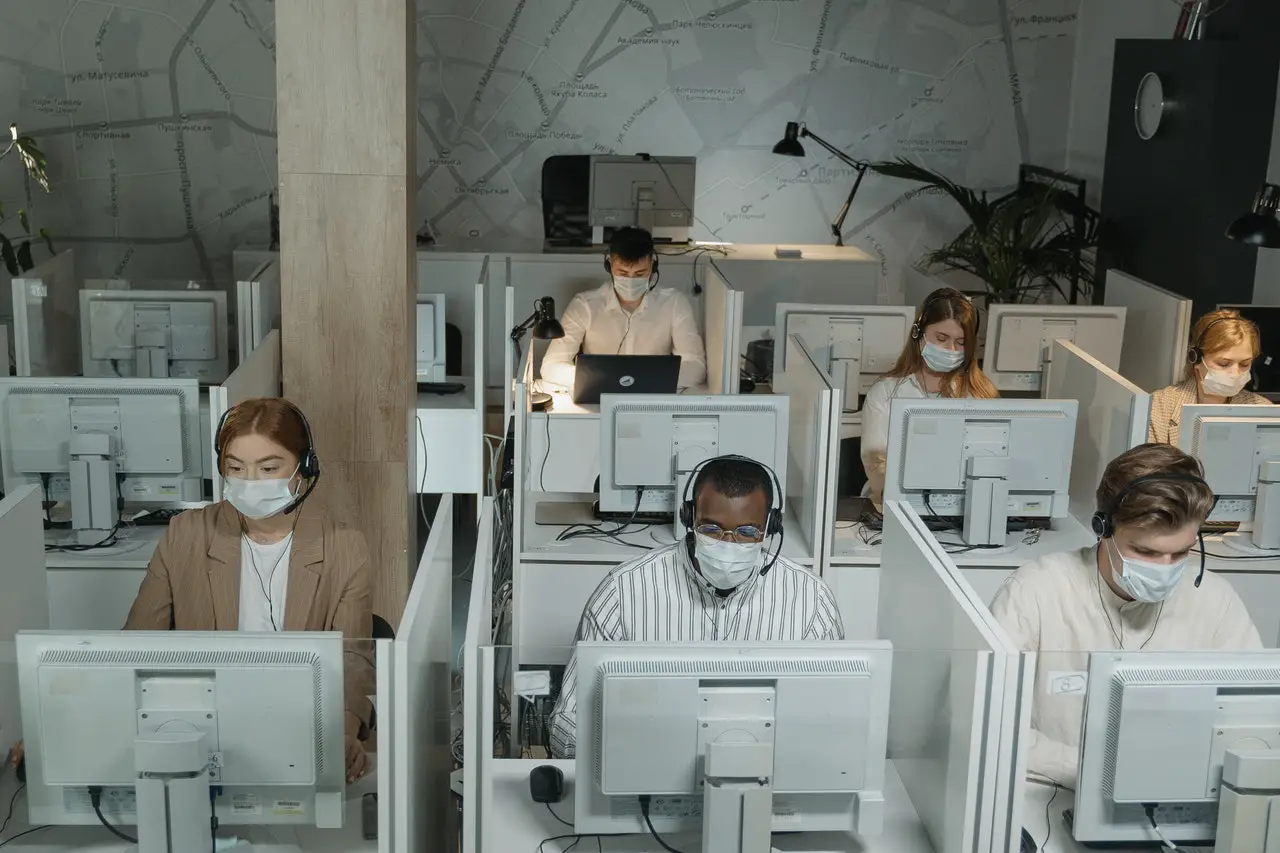Drone mentality is a pattern of going through the motions, paying little to no attention to what’s going on around you. Think monotonous routine. You can slip into a drone mentality at any time and not be aware of it. Everything goes into autopilot, and critical thinking skills get pushed to the wayside.
We’re going to look closely at what drone mentality is. We’ll also look at the dangers of it, as well as what you can do to overcome common barriers to critical thinking. Read on to learn more about the drone mentality and what you need to look for.
What Is It?
You have a drone mentality if you’re facing barriers that stop you from thinking critically. Your abilities to recognize issues, analyze situations, and problem-solve are essentially non-existent.
As intelligent beings, our capacity to think critically is what sets us apart from animals. However, we are prone to periods when our awareness drops, and we fall into repetitive ruts.
Those ruts are the drone mentality. They keep us from reaching our full potential.
What Are the Dangers of the Drone Mentality?
We’re not here to scare you with this information. Drone mentality sneaks up on most people at some point in their lives. And while it can be dangerous, it doesn’t have to be. Let’s look at some of the dangers of it. Then, we’ll tell you how to minimize those.
The drone mentality puts you at greater risk of identity theft and getting scammed. When you’re not paying attention to the world around you, you become complacent. You let your guard down. Scammers and other kinds of criminals know it’s easier to take advantage of someone with a drone mentality.
You also miss opportunities when you fall into a drone mentality. Your daily chores and routines take over your life, leaving no room for aspirations and goals. A drone mentality often incorporates a lack of motivation. Any opportunities you may have had pass you by. There’s no growth or challenges to overcome.
Drone mentality leads to fewer individual thoughts and opinions. People tend to start sharing the opinions of the people around them instead of thinking for themselves. This is known as groupthink and often leads to poor decision-making.
The biggest danger is a total loss of critical thinking skills. When people stop thinking critically, they lose their ability to do it all together. Critical thinking has to be practiced. You tend to lose it if you don’t use it.
How to Recognize Drone Mentality
Recognizing your own drone mentality is about having self-awareness. It can be as simple as asking yourself some questions from time to time.
Think about your days. Look at what you do throughout your days. There should be some routines and things you do daily scattered throughout the week. But is everything you do routine? Ask yourself what new things you did, or if anything you accomplished required much thinking. If the answer is no, there may be cause for concern.
Also, think about any problems that have arisen. How did you respond to those? Did you solve the issue or sweep it under the rug? What goals have you set, and have you pushed yourself beyond your comfort level to achieve those goals? If you haven’t felt uncomfortable in anything you’ve done recently, you may be slipping into a drone mentality.
How to Combat Drone Mentality
There are things you can do to stave off a drone mentality. The first step is to keep awareness at the forefront of your mind. If that means placing little notes strategically to remind yourself to stay aware, do it. Sometimes we must train ourselves to be aware.
Next is to keep practicing critical thinking. You can do this in several ways. Here are some of them:
- Think through scenarios and outcomes to develop foresight
- Question things
- Find evidence and analyze it
- Engage in active listening
- Look at your mental process
- Look for multiple solutions for problems
- Break down facts
- Identify your biases
- Challenge your own opinions by doing research
- Think of a simpler way
What Critical Thinking Barriers Lead to Drone Mentality?
Experts have identified several barriers to critical thinking. These are things you should assess yourself for. If any of them exist within your daily life, you should take steps to address areas that may result in a drone mentality.
- Egocentric thinking – Thinking this way means you look at everything happening with regard to how it affects you.
- Groupthink – You go along with the opinions of those around you. You don’t think for yourself.
- Social conditioning – This concerns biases and stereotyping. People falling into social conditioning often don’t realize they’re doing it.
- Biases – These typically come from experiences we’ve had. We develop biases based on our experiences, thus we stop thinking critically about similar situations.
- Lack of time – When we feel the pressures of time we skip thinking. We tend to move forward without doing any critical thinking, which could cost us more time down the road.
- Intolerance – Holding an intolerance toward something or someone results in no critical thinking. We block out any important information from sources within the realm of our intolerance.
- Arrogance – Arrogance tends toward a closed mindset. Arrogant people have a hard time hearing any other opinions that oppose their own. They won’t think critically about situations because that would mean they’re wrong.
Other barriers exist that prohibit critical thinking, too. These are the most common, though.
Conclusion
Drone mentality is easily recognizable sometimes. Your life feels monotonous. You do the same routines day in and day out without facing or working through any challenges. You’re comfortable all the time. You may not even think for yourself.
Other times it’s not as recognizable. In either scenario, the drone mentality is dangerous. You can lose yourself to the rut and open yourself up to those who prey on the vulnerable. The best line of defense is to be as self-aware as possible and remember to take your own inventory every once in a while.





